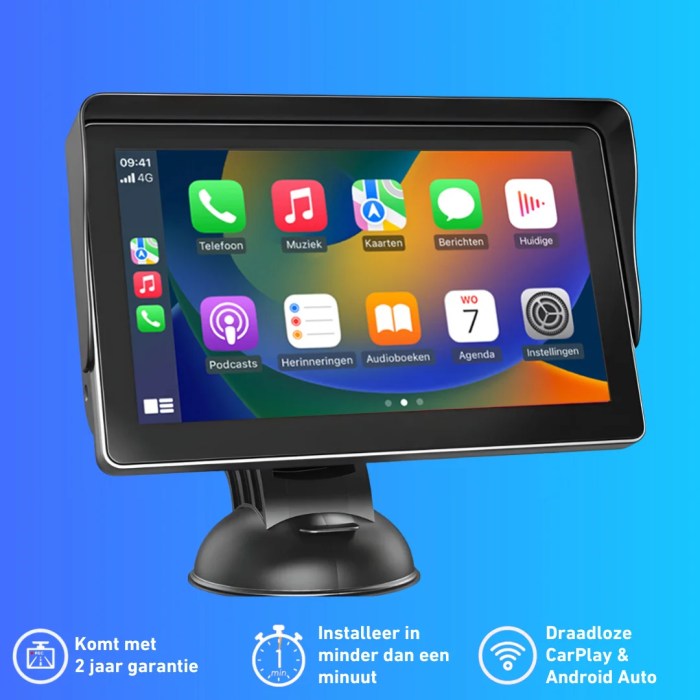In the fast-evolving world of digital assets, NFTs (Non-Fungible Tokens) have taken the spotlight, providing unique ownership and representation of digital or physical items. However, for NFT creators and sellers, ensuring long-term success goes beyond creating an NFT; it involves developing a comprehensive marketing plan that resonates with the target audience. In this article, we will explore the key elements to include in an NFT marketing plan to ensure long-term success.
Understanding NFTs
Before delving into the marketing aspects, let’s briefly understand what NFTs are. NFTs are digital tokens that represent ownership of unique items. These tokens are typically built on blockchain technology, ensuring their authenticity and scarcity. NFTs can represent anything from digital art, music, collectibles, virtual real estate, and more.
The Importance of a Marketing Plan
Marketing plays a pivotal role in the success of NFTs. An effective marketing plan can drive visibility, create demand, and establish trust within the NFT community. To ensure long-term success, NFT creators need to consider the following key elements when formulating their marketing strategies.
Key Elements of an NFT Marketing Plan
1. Defining Your Target Audience
Understanding your audience is the first step in creating a successful NFT marketing plan. Identify who is most likely to be interested in your NFT offerings. Are they art enthusiasts, gamers, collectors, or investors? Tailor your marketing efforts accordingly.
2. Crafting a Unique Value Proposition
What makes your NFTs stand out? Define a unique value proposition that highlights the distinctive qualities of your offerings. It could be the artwork’s uniqueness, the utility of the NFT, or the experience it provides.
3. Leveraging Social Media
Use social media platforms to connect with your target audience. Share sneak peeks, behind-the-scenes content, and engage with potential buyers. Platforms like Twitter, Instagram, and TikTok are popular choices in the NFT community.
4. Building a Website
Establishing a dedicated website provides a central hub for potential buyers to explore your NFTs. Include information about your work, your journey, and the process behind your NFTs.
5. Partnering with Influencers
Collaborating with influencers in the NFT space can significantly boost your visibility. Influencers can promote your NFTs to their followers, giving your creations more exposure.
6. Implementing Email Marketing
Building an email list allows you to maintain a direct connection with interested parties. Send out newsletters, updates, and exclusive offers to keep your audience engaged.
7. Hosting Virtual Events
Virtual events, such as auctions, launches, and discussions, can create excitement and engagement within the NFT community. These events provide a platform for potential buyers to interact with you and your work.
8. Analytics and Data Tracking
Constantly monitor your marketing efforts and track data to understand what is working and what needs improvement. Adjust your strategies based on these insights.
9. The Role of Content Creation
Creating compelling content about your NFTs and your journey as a creator can resonate with your audience. Share stories, insights, and the passion behind your work.
10. Managing a Budget
Allocate a budget for marketing efforts wisely. Consider paid advertising, collaborations, and tools that can enhance your marketing strategy.
11. Community Engagement
Engage with your community by responding to comments, participating in discussions, and showing appreciation for your supporters. Building a strong community can lead to long-term success.
12. NFT Marketplaces and Platforms
Explore different NFT marketplaces and platforms where you can list your NFTs. Each platform has its audience and advantages, so diversify your presence.
13. Building Trust and Credibility
Transparency and authenticity are key to building trust in the NFT community. Be open about your work, your journey, and the technology you use.
14. Navigating Legal and Ethical Considerations
Understand the legal and ethical considerations surrounding NFTs, such as copyright issues and environmental concerns. Comply with regulations and take actions to minimize your carbon footprint.
15. Case Studies: Successful NFT Marketing Campaigns
Analyze successful NFT marketing campaigns to gain inspiration and insights. Learning from the achievements of others can help refine your own strategy.
Challenges and Adaptations
Recognize that the NFT space is ever-evolving. Be prepared to adapt your marketing strategies as new trends and challenges emerge.
Future Trends in NFT Marketing
Stay updated on emerging trends and technologies in the NFT space. The future may hold new opportunities for marketing your NFTs.
Conclusion
In the world of NFTs, a well-structured marketing plan is the cornerstone of long-term success. By understanding your audience, crafting a unique value proposition, and leveraging various marketing tools and strategies, you can establish a strong presence in the NFT community. Additionally, maintaining transparency, adapting to changes, and staying ethical are key factors in ensuring your NFTs thrive.
FAQs
1. Are NFTs only for digital artists?
No, NFTs are not limited to digital artists. They can represent various forms of unique digital or physical items, including music, virtual real estate, collectibles, and more.
2. How can I build trust in the NFT community?
Transparency, authenticity, and open communication are crucial for building trust in the NFT community. Be open about your work and your journey as an NFT creator.
3. Can NFTs be resold or traded?
Yes, NFTs can be resold or traded on various NFT marketplaces. The ownership and transaction history of NFTs are recorded on the blockchain.
4. What is the environmental impact of NFTs?
NFTs have faced scrutiny for their environmental impact due to energy-intensive blockchain processes. Consider eco-friendly options and be transparent about your efforts to minimize environmental harm.
5. How can I collaborate with influencers in the NFT space?
You can reach out to influencers in the NFT community through social media or professional networks. Build genuine relationships and propose collaborations that align with their interests and your NFTs.









